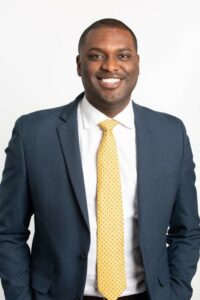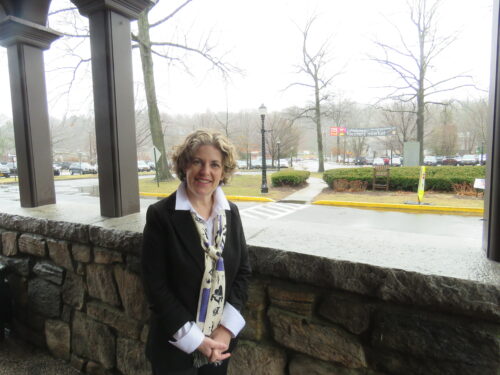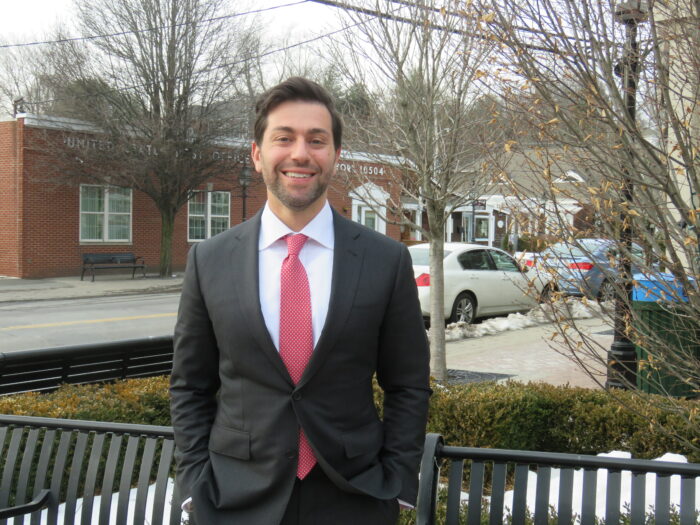Nyack resident Mondaire Jones, a 33-year-old attorney, calls himself “the only progressive candidate running in this race.”

Jones, who grew up in Rockland County and graduated from Spring Valley High School, is running on the party’s left flank. He supports a range of progressive initiatives, from single-payer health care and a “Green New Deal” to a wealth tax, $15 minimum wage and student debt forgiveness. His campaign has earned the endorsement of two former presidential candidates, Massachusetts Senator Elizabeth Warren and former Housing and Urban Development Secretary Julian Castro.
Jones was born to a single mother, growing up in Spring Valley’s Section 8 housing. He recalls accompanying his grandmother to work cleaning homes because his family could not afford childcare.
“For me, policy is personal,” he says. “You listen to the other candidates, all they talk about is Donald Trump. But even before Donald Trump, this economy was not working for the vast majority of American households.”
Jones sees dealing with the aftermath of the COVID-19 crisis as the top priority facing the next Congress. He proposes payouts of $2,000 a month to each adult and $1,000 a month for children for a six-month period in response to the virus.
“People are going to go hungry and die, or get evicted, and have their illnesses go untreated if they do not get immediate cash assistance,” he says. “So that is a fundamental way in which COVID has changed my priorities.”
Jones sees this cash assistance as a temporary solution, and does not favor a permanent Universal Basic Income, or UBI. But his platform comprises a host of ambitious and costly proposals. He is the only candidate calling for single-payer health care, or Medicare for all, under which the federal government would cover virtually all costs for the $3.6 trillion health care sector. He calls for a one-time forgiveness for all college debt, which totals close to $1.6 trillion, and free public college, which has been pegged at around $2.2 trillion over ten years in similar plans. Universal childcare has been estimated to run another $70 billion per year.
Jones acknowledges that taxes would go up for the majority of taxpayers but says that for 95% of Americans the tax hike needed for single-payer healthcare will be more than offset by savings on healthcare costs. On net, he sees single-payer resulting in lower total costs. Experts are split on this – the Urban Institute estimated single-payer would increase total spending by $7 trillion over a decade, while economist Gerald Friedman estimates savings of more than $6 trillion over the same period.
Jones echoes Warren’s call for a wealth tax of 2% on savings over $50 million and 3% on wealth over $1 billion. He also believes capital gains should be taxed at the same rate as ordinary income.
In addition to calling for a Green New Deal, Jones supports legislation to phase out large factory farms.
“The way factory farms are run present safety issues for workers and consumers, and sustainability issues for our environment,” he says.
Finally, to combat police brutality, Jones calls on his website for a range of reforms including an end to qualified immunity for officers.
“We must honor the memories of people killed by the police by listening to the demands of their family members for justice, ensuring that law enforcement officers are held accountable, and moving towards a society where the institution of policing plays less of a role in black and brown communities,” he states on the site.
For additional information and to follow Mondaire Jones’ campaign, visit: https://mondaireforcongress.com



